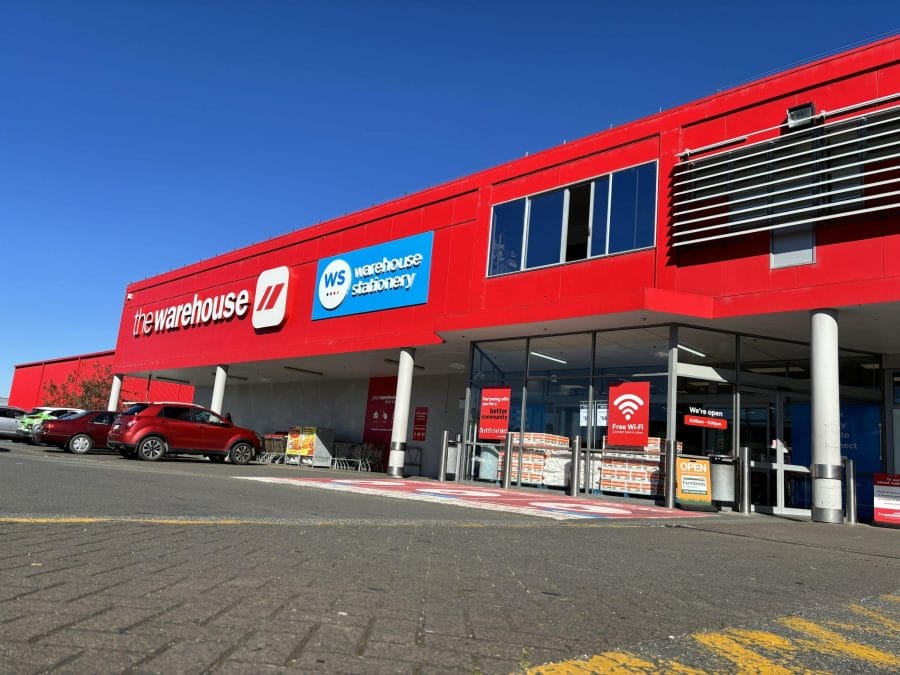- The Warehouse Group has encountered a significant setback, posting a $23.7 million loss in the first half of the fiscal year, a stark contrast to the prior year’s profit, largely due to divesting its Torpedo7 brand.
- Sales have decreased across the board, with an overall revenue drop to $1.63 billion from $1.8 billion. However, the grocery segment showed resilience with an almost 12% increase, highlighting consumer focus on essentials.
- Despite the current financial hurdles, The Warehouse is adjusting its strategy, emphasizing core brands and improving operational efficiency, which is anticipated to foster recovery and growth.
In a challenging retail landscape, The Warehouse Group has reported a loss of $23.7 million for the first half of the year, down from a profit in the previous period, mainly impacted by the sale of its Torpedo7 unit for merely a dollar. The significant shift in the company’s financial stance, from a net profit of $17.4 million to a net loss, underscores the difficulties faced in the retail sector, compounded by strategic dispositions and market conditions.
Revenue witnessed a decrease to $1.63 billion from $1.8 billion, reflecting a downward trend in consumer spending across several of its retail offerings. Despite this, the company observed a silver lining as its grocery segment surged by nearly 12%, indicating a shift in consumer priorities towards essential goods.
The decision to divest Torpedo7 was part of a broader strategy to streamline focus on The Warehouse’s core retail brands, an initiative led by CEO Nick Grayston. He stated, “The move to divest Torpedo7 was difficult but necessary, allowing us to concentrate on enhancing the performance and profitability of our core businesses.” The company is also exiting its underperforming online marketplace, TheMarket, redirecting efforts to strengthen its digital platform through the Group Marketplace on The Warehouse’s website and app.
Performance varied across its brand portfolio, with declines noted in “red shed” sales by 4.7% and in Noel Leeming and Warehouse Stationery by 2.2% and 5%, respectively. These changes reflect broader economic pressures and a highly competitive retail environment. The sale of Torpedo7, while impacting the financial results, is seen as a move towards simplifying the business structure and focusing on areas with the highest growth potential.
CEO Grayston remains optimistic about the future, citing a 160-basis-point improvement in gross profit margin and tighter cost controls as evidence of the company’s resilience and adaptability. However, he acknowledges the ongoing challenges in the retail sector, expecting tough conditions to continue but with a cautious optimism for gradual improvement.


